Recent Posts
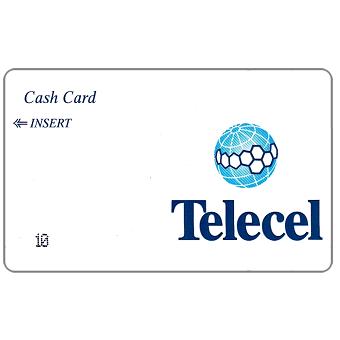
Zaire was the name of a sovereign state between 1971 and 1997 in Central Africa that is now known as the Democratic Republic of Congo. Telecel, Africa’s first cellular service provider, was founded in 1986…
Read More »
At the beginning of 90’s, the telephone card system in Peru was operated by three different telcos, one private and two government: TELE 2000, Entel Peru and CPT. Coincidently the three launched their system at…
Read More »
In Canada the so-called “remote-memory” cards were widely used, as well as in the United States. However, the first cards in use in the country were provided by GPT, for a field trial conducted at…
Read More »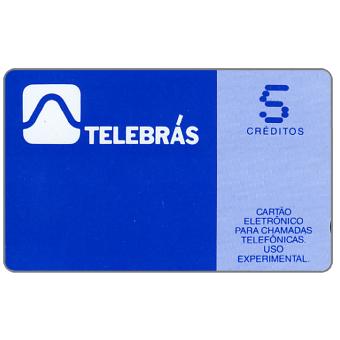
Brazil is home to inductive cards, invented by Nelson G. Bardini in 1978, and thousands of different ones have been issued over the years. However, after several years of experimentation, it was only in 1992…
Read More »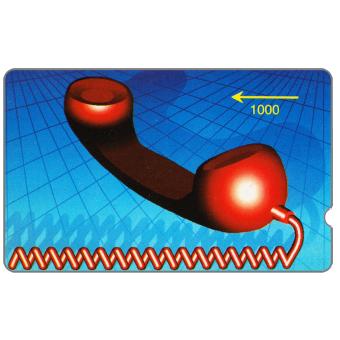
Telecom Eireann first introduced phonecards into the Republic of Ireland in the year 1988. The brand name chosen for these cards was “CallCard”. Telecom Eireann, Ireland’s state-owned telecommunications company became privatized in 1999. Subsequently the…
Read More »
Several public telephone card systems were used in Bolivia over the years by various telephone companies: magnetic, inductive, chip, remote memory… however, the first telephone cards were issued by the Entel company and were supplied…
Read More »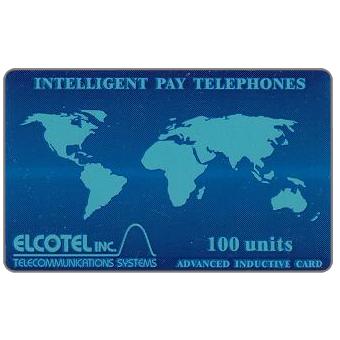
The US company Elcotel Inc. began testing a telephone system based on chip cards in 1995, but in reality a trial with inductive cards, of the type used in Brazil, was conducted the previous year.…
Read More »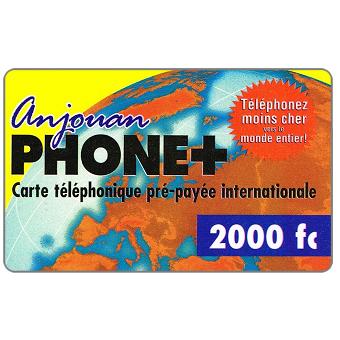
Anjouan (also known as Ndzuwani or Nzwani) is an island in the Islamic Federal Republic of Comoros. The island proclaimed its independence in 1997, and the secession was confirmed in a popular referendum in both…
Read More »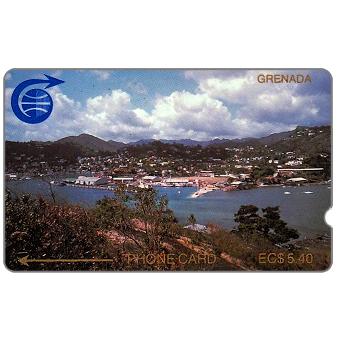
As for other Caribbean islands, also for Grenada GPT manufactured a set of 4 cards (EC$5.40, EC$10, EC$20, EC$40), all with the same picture on them, and the EC$5.40 value was included in the Cable…
Read More »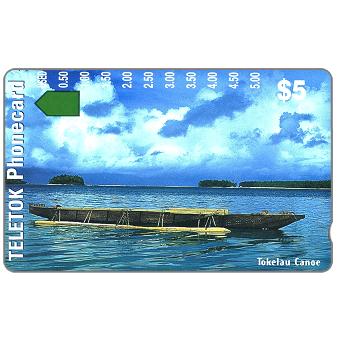
Tokelau is a small dependent territory of New Zealand, it is located in the South Pacific Ocean and is formed by the atolls Atafu, Fakaofo and Nukunonu, which together form a portion of territory of…
Read More »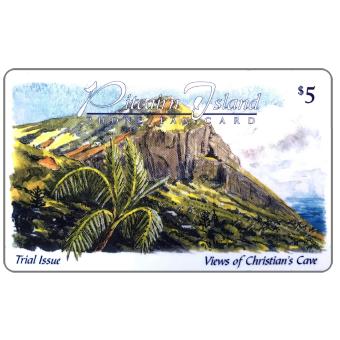
Famous for the affair of the mutineers of the Bounty, the island of Pitcairn is currently inhabited only by about fifty people, all descendants of the few who decided to remain on the island when…
Read More »
The Mariana Islands are an archipelago of Micronesia that extend for more than 500 kilometers in the Pacific Ocean, located between the coast of the Philippines and Hawaii. The Northern Mariana Islands, not to be…
Read More »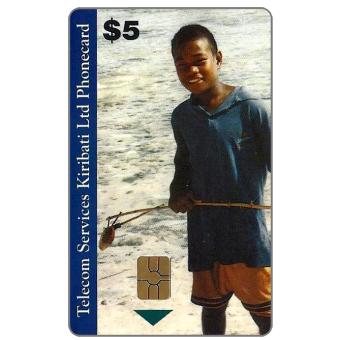
Kiribati is an independent republic comprising the Gilbert, Phoenix and Line groups of islands, approximately halfway between Hawaii and Australia. About thirty public telephones, working with chip cards, were installed by the national company Telecom…
Read More »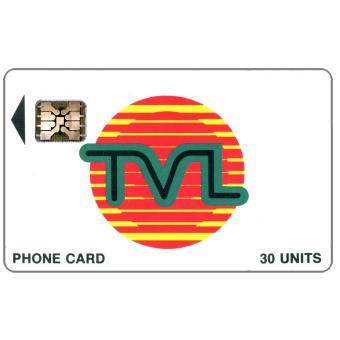
Vanuatu, literally “the land that emerges from the sea”, is an archipelago of central Melanesia, in the southern Pacific, more than 2,000 kilometers from the east coast of Australia. Telecom Vanuatu has been issuing chip…
Read More »
Fiji is an island country in Melanesia, part of Oceania in the South Pacific Ocean about 2,000 km northeast of New Zealand’s North Island, and consists of an archipelago of more than 330 islands (of…
Read More »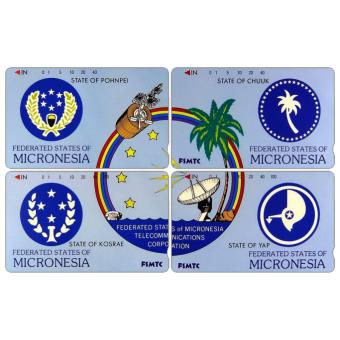
The Federated States of Micronesia, abbreviated FSM and also known simply as Micronesia is an independent republic associated with the United States. It consists of four states – from west to east, Yap, Chuuk, Pohnpei…
Read More »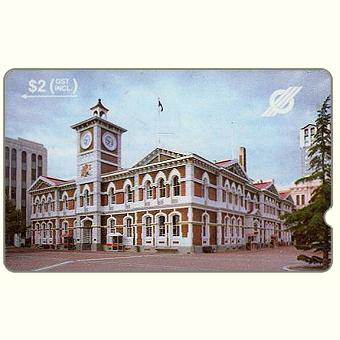
Having decided on the GPT system of cards and cardphones, Telecom New Zealand began trialing the system in early May 1989, inside two military installations near Christchurch. Five cards with deep notch, with values of…
Read More »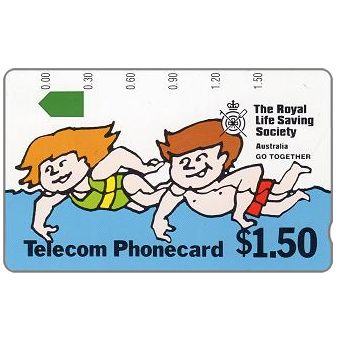
Phonecards were introduced into Australia in late 1989 when an engineering field trial was conducted in Geelong, Victoria by Telecom Australia, using cards supplied by Anritsu Corporation, a japanese based firm. Fifteen card and combined…
Read More »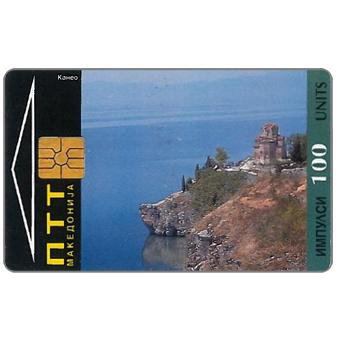
North Macedonia is a state of the Balkan peninsula in south-eastern Europe, born in 1991, when it separated peacefully from Yugoslavia, taking the name of the Republic of Macedonia or FYROM (Former Yugoslav Republic of…
Read More »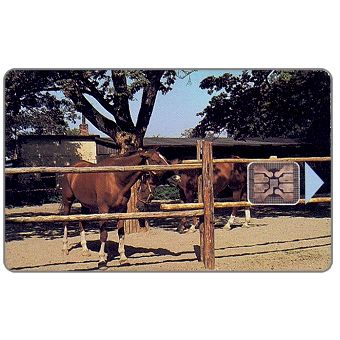
On January 1, 1993, Czechoslovakia split peacefully into two new countries, the Czech Republic and Slovakia. Telecom Praha, the Czechoslovak national company, which had already issued several cards before the split, continued to operate in…
Read More »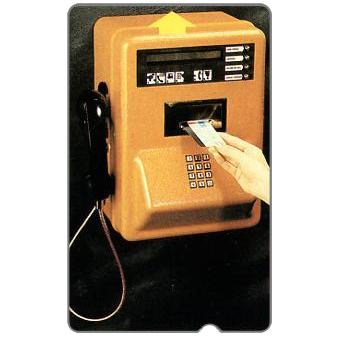
The new public cardphone service was officially launched by Estonian Telephone Company Ltd. in 1993, with an issue of a series of 8 Alcatel cards, each of them in four values (A, B, C, and…
Read More »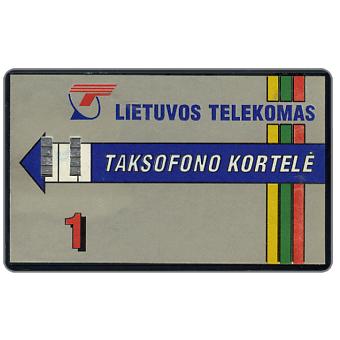
Lithuania is the southernmost of the Baltic republics and has an area slightly larger than neighboring Latvia; it was the first to gain independence from the Soviet Union in 1990. The national telephone company, Lietuvos…
Read More »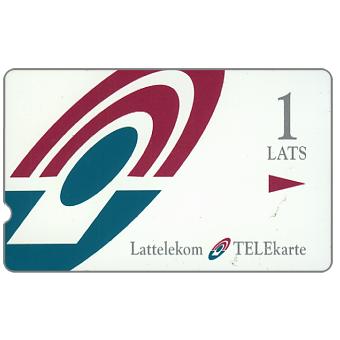
Latvia, one of the Baltic republics, with two million inhabitants, regained independence in 1991 after the fall of the USSR, and has been part of the European Union since 2004. The first cards used in…
Read More »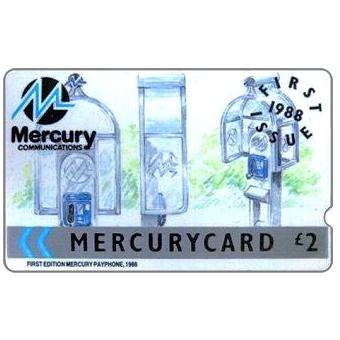
The Mercurycard was introduced to London on July 271988 at Waterloo station, where 26 Mercurycard Telephone Booths had been installed for Mercury Communications’ launch of its Public Payphone Service. The design of these telephone booths…
Read More »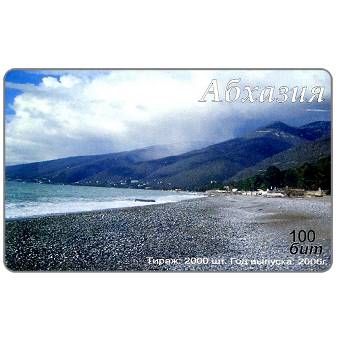
Abkhazia is a Caucasian territory located in the northwestern corner of Georgia, with the Black Sea in the south-west and the mountains in the Caucasus and Russia in the north-east. Claimed by Georgia, it proclaimed…
Read More »


